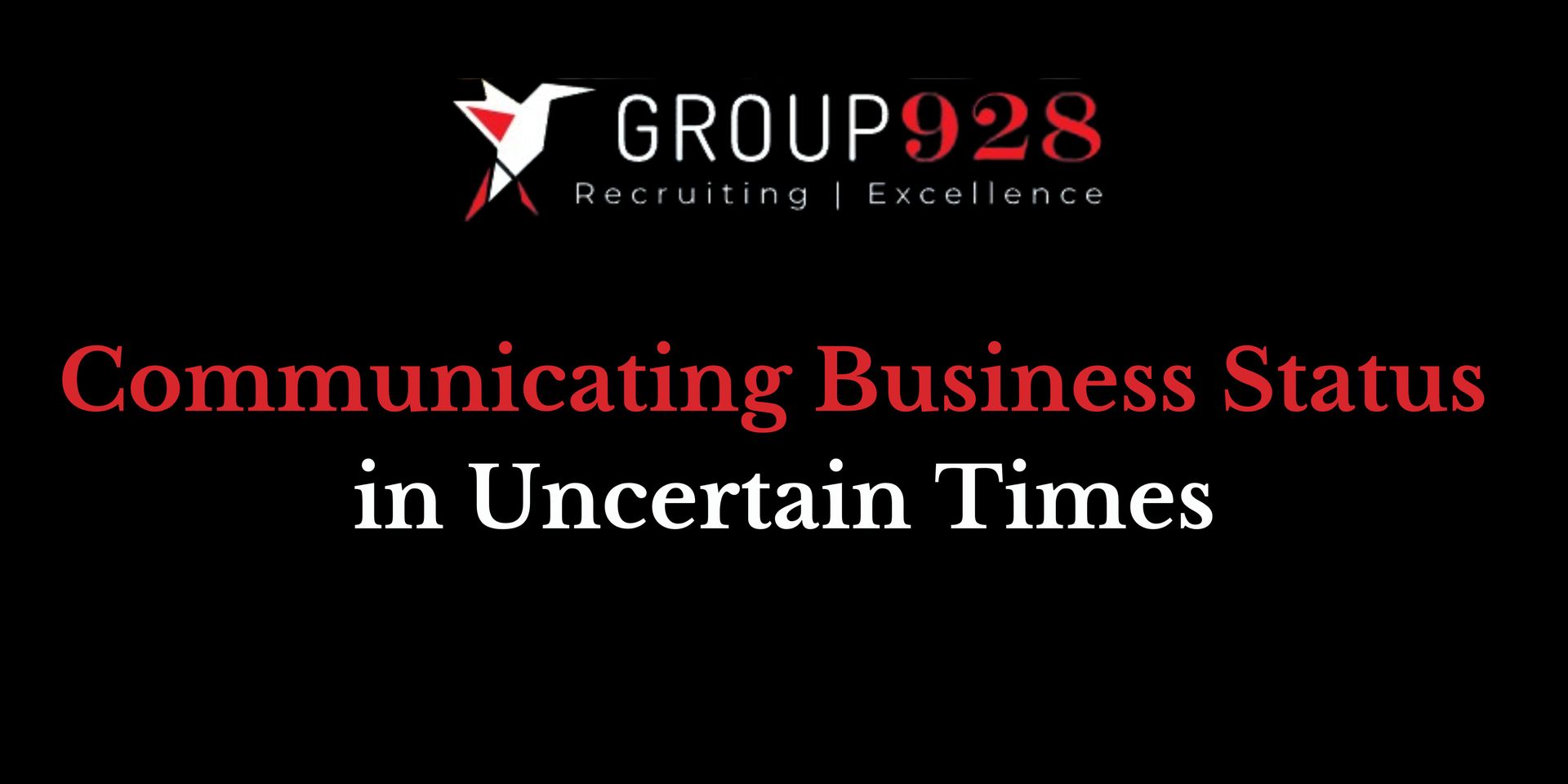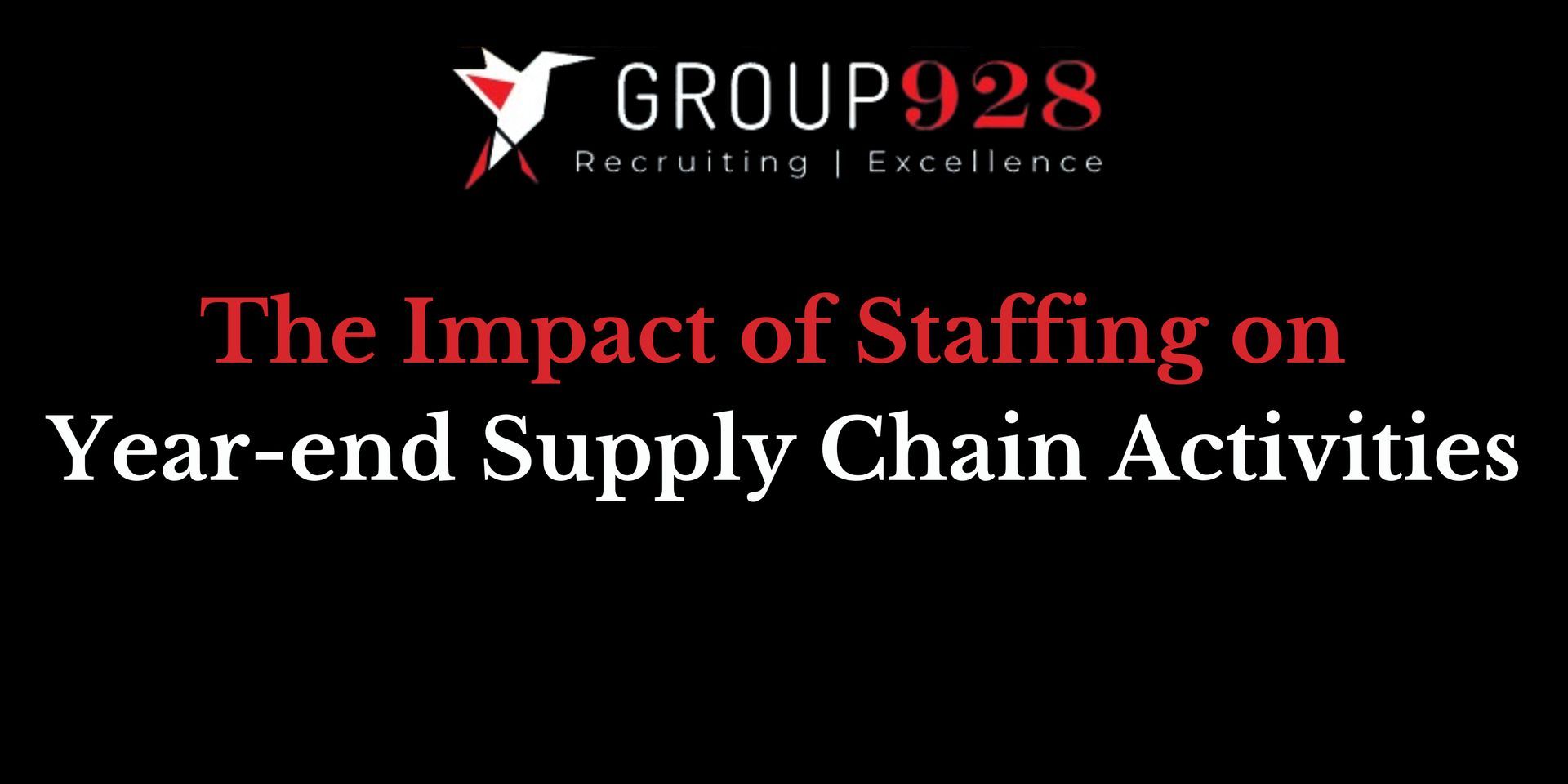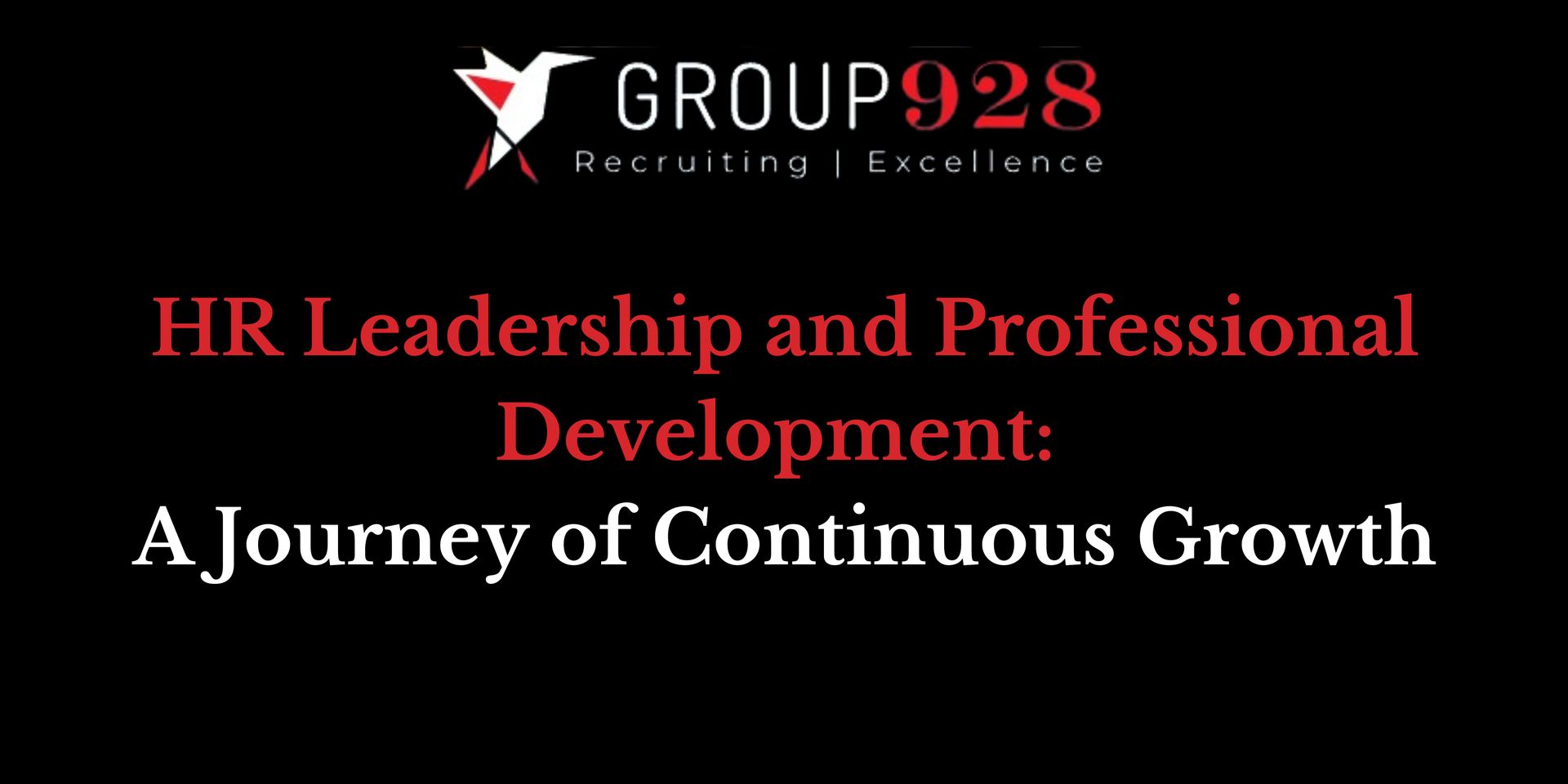5. Embrace Flexibility and Innovation
The world of work is changing rapidly. As an HR leader, you need to be at the forefront of these changes. We piloted flexible work arrangements long before they became mainstream, and we were early adopters of HR technology that improved our efficiency and employee experience.
6. Align HR Initiatives with Business Goals
Every major HR initiative should tie back to a business objective. When we revamped our performance management system, it wasn't just to modernize our processes - it was to drive a high-performance culture that would help us meet ambitious growth targets.






















